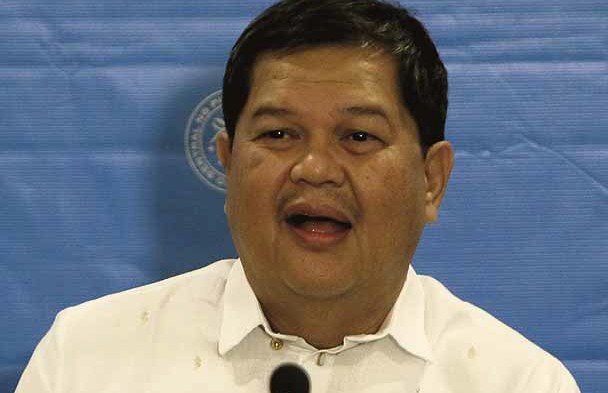New BSP chief sets major foreign exchange liberalization move
The Philippines’ new central bank governor—who made a career out of clamping down on malpractices of errant financial institutions—is set to surprise local markets with a “counterintuitive” relaxation of restrictions on the trading of foreign exchange, securities and derivatives, the Inquirer learned.
This major shift toward a more liberal regime is the first policy that Bangko Sentral ng Pilipinas Governor Nestor Espenilla Jr. has laid down since becoming the country’s top monetary regulator two weeks ago.
The exact details of the more deregulated market trading scheme have yet to be finalized, but the broader policy has already been communicated to the market during a meeting between the BSP chief and bank treasurers and senior officials recently.
More importantly, the BSP chief stressed that the move away from restrictive rules governing the foreign exchange— many imposed as a defensive move in the wake of the 2008 global financial crisis—are contingent upon the banks’ continued “good behavior.”
“What I’m saying is that I’m willing to trust them, so they have to show me that they’re worthy of that trust,” Espenilla said in an interview. “But if they misbehave, we will throw the book at them.”
Among the policy changes initially being eyed are the relaxation of the licensing requirements for derivatives, which are synthetic securities that derive value from other underlying assets. Coming in the form of swaps, put and call options and warrants, among others, derivatives are highly volatile and can lead rapidly to large gains or losses, hence the regulations meant to prevent banks from abusing them.
Initial indications also point to more liberal rules toward the registration of foreign exchange documentation for currency swaps —currently a cumbersome process that tends to temper banks’ activities in this market.
The local banking community welcomed the move of the regulator to treat banks as more mature parties instead of being policed at every step.
“This is a very welcome move to further relax more rules in the FX, derivatives, and securities market,” said Wick Veloso who heads the Bankers Association of the Philippines’ influential Open Market Committee.
Allowing the banks to have a relaxed rule on foreign exchange transactions brings the business back to banks, “which were crippled with documentary requirements thereby making the parallel market the easier counter party for retail and corporates,” said Veloso who is also country head of HSBC, one of the most active foreign players in the local financial markets.
“With a more relaxed regulatory environment, the banks are now able to exercise more flexibility to manage the exposures of their clients and their books are always open for review or audit by the BSP,” he said, saying the move also shifted the responsibility to banks to do self policing.
“It makes management responsible for their treasury and sales staff to do what is right and deal only with good actors in the financial market,” Veloso said.
This early, Espenilla laid down the quid pro quo which he expected banks to abide by in exchange for greater market freedom.
“To be very clear, good behavior is always expected. It’s nonnegotiable,” he said.

